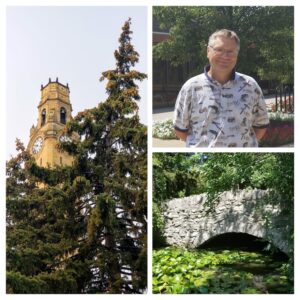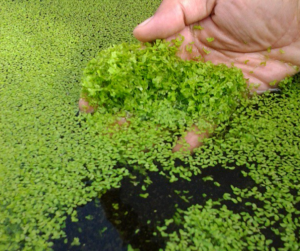
Pre-Health Advisor Carmen Gamlin had the opportunity to speak with Dr. Stokes Baker on his research focus, specific Biology courses he teach as well as his joy for teaching Detroit Mercy Titans! Dr. Stokes Baker has been a Professor at the University of Detroit Mercy for almost 29 years and continues to engage students in teaching as well as research.
- Among many subjects that you teach, Dr. Baker, what is Bio-Stats and why is it so common for all Pre-Health students to take?
If you’re a healthcare provider, we’re expecting you to be able to read the primary literature and to understand experiments and your profession….Now why do we teach our version of statistics in the Biology Department and they call it Bio-Statistics and the reason for that is that Undergraduate statistics you can’t cover everything in the one semester course. And the sort of topics that you would cover in the psychology department or the Business School would be different that what we cover in the sciences.
For example, I talk about a phenomenon known as predictive value, which is how reliable is a diagnostic test. Now that’s not the same thing as sensitivity…You’re asking about the reliability for individual that determines how you present data results to your patients. Do you tell them that if they have a positive test that they’re really sick. Or do you tell them that we have to follow up…To do that with both earnestness and sophistication, (you) have to understand statistics behind the analysis, so that’s why we do Biostatistics.
2. I hear that you have some pretty interesting research that you do. Could you share?
I’m an unusual Doc in the fact that I’m a Plant Molecular Biologist by training, but I don’t teach botany nor molecular biology. I teach statistics and ecology. So to make my teaching and my research line up, I use molecular tools to ask ecological questions…I do this in a couple of different ways. I teach a course called applied metagenomics where we’re using next generation sequencing technology to ask ecological questions and this is a course where the students actually do real research and then we have the students actually publish their results in peer review literature.
The other area of research I work with is a high yield plant called duckweed. It’s an aquatic plant and tiny…We’re asking how this particular plant is able to remediate water pollution using plant microbe interactions.
3. What do you love about teaching Detroit Mercy Titans?
I purposely decided as a grad student, once I saw they way research universities runs that I want that life. I actually wanted to be around people where I’m helping people, not just banging out research results. (Also) I hate to say it now that I’m over 60 I like being around young people…I’m young at heart so I guess that’s why I teach students first.
Learn more about Dr. Baker’s research interest and teaching experience here!


